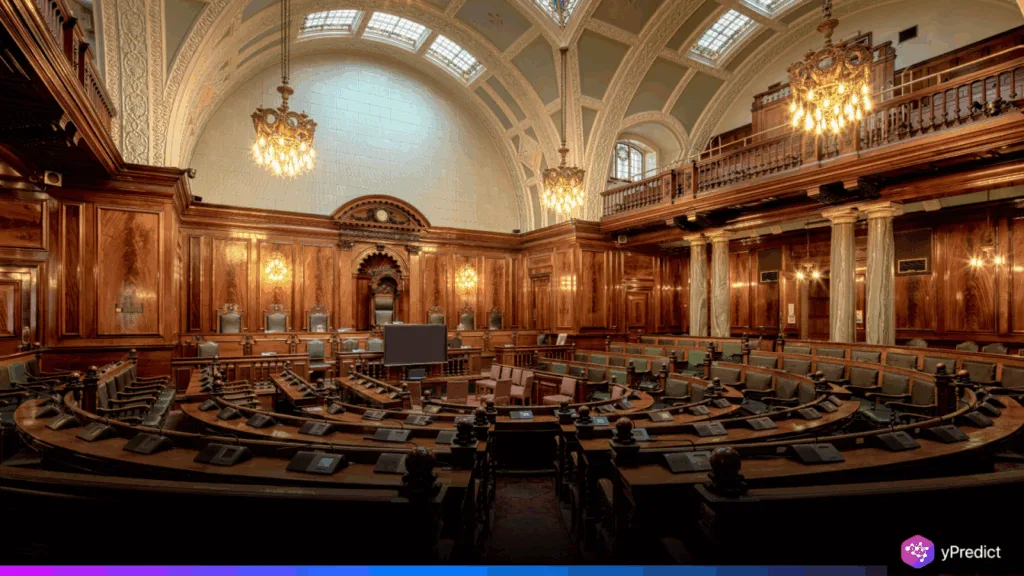
The UK government is investigating the restructuring of the Crown Court with its overwhelming backlog of 77000 cases in July 2025. Another critical suggestion, made by Sir Brian Leveson under the review, is that the jury trial should be restricted to offenses that are punishable by up to two years in prison. A proposed Crown Court Bench Division would hear these in front of a judge and two magistrates. Although the proposal is to alleviate time wastage and to release judicial services. There are fears that it will compromise due process. Critics state that the elimination of the jury trial in any case can destabilize the faith the people have in the law.
Details of the Reforms and Impact on Legal Structures
The suggested reforms rely on simplifying criminal justice by eliminating the automatic right of jury trial in minor criminal offenses. Prosecutors can take cases that have the ability to be heard in the Magistrates Court or the Crown Court, known as summary offenses. Instead, they may assign the cases to a new Crown Court Bench Division. Managed by a judge together with two lay magistrates. This structural change would aim at minimizing delays in the trial process and would save around 9000 days of sitting of the court per year. The relatively minor crimes, like theft and low-level assault, would be an example of the cases to be subject to the reform.
These modifications arrive at a critical time at which the court system is badly overloaded, with trials being pushed further into 2029. The government proposes that by eliminating juries in minor cases, it can keep the essence of the jury system intact in the most serious of cases and enhance the case flow overall. Its proponents think that this rebalancing may make efficiency better without influencing justice in any significant manner. Nonetheless, the legal experts and civil rights activists have cautioned that such a move would establish a very dangerous precedent.
Clarifying the Role of AI in the Future of Courtrooms
Regardless of the speculations, the UK has no official expertise to abolish juries and replace them with AI systems. The people are considering the reforms regarding the procedural changes they conduct. In instances when the justice system adopts AI, it functions in the capacity of a support tool, e.g., to help judges conduct legal research or to facilitate efficiency in the resolution of commercial conflicts. It does not cast itself as something as an alternative or replacement to decisions made by a jury, where human reasoning and understanding, empathy, and the ability to read the social context are key factors.
Theoretical debates with references to the employment of AI in the court have considered the context in civil or administrative cases, but not criminal trials. One of the most common positions in the community of legal researchers and ethical institutions is that AI is incapable of replacing the viewpoints of jurors, and it cannot mimic ethical decision-making. Also, the dangers of algorithmic bias and the absence of transparency in decision-making, especially when it comes to matters of liberty or guilt, are becoming a growing concern.
Preserving Justice While Pursuing Efficiency
As of July 2025, the UK legal system is attempting reform in the direction of changing the court backlog and sustaining the fundamental democratic values. Reducing the number of jury trials for some cases may bring improvement in the speed of trial, yet issues regarding fairness and due process would be justifiable. Even though AI has become a subject of public discourse, the current proposals assume the use of human-fronted reforms rather than artificial intelligence. The justice system has a very challenging duty of achieving efficiency in operations with transparency and trust. The jury trial is still a sign of involvement and responsibility.







